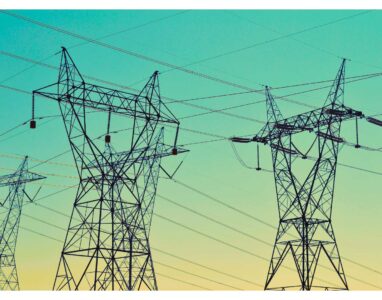Global Warming and Climate Change – Letters to Editor
In the enclosed file are letters to the Editor of the Canberra Times, Canberra City News and The Australian about the ongoing zeitgeist that is global warming, climate change, the related energy crisis and the debate about the sustainability of renewable energy.
Misinformation and disinformation are rife on the Internet about global warming and climate change, aided and abetted by questionable articles and letters published by the daily media.
The new federal Labor and Greens government will learn the hard way that their position on climate change and emission reduction targets are based on ideology and not on reality.
Remember! No matter what Australia does to reduce CO2 emissions, at about 1.3% of world emissions, it can have zero effect on global warming let alone climate change.
Our priority should be on climate-proofing the country and on pursuing emissions-free nuclear energy production, not wasting billions on ineffective, ideological polices at great expense to taxpayers and which can only damage our economy and standard of living. Should we be investing in horses rather than EVs?









![A View on Permanent Climate Change – How the world needs to keep the threat in perspective [POST IPCC 6TH ASSESSMENT REPORT, 7AUG21]](https://alogstudycentre.com.au/wp-content/uploads/2022/01/ALSC5-382x300.jpg)